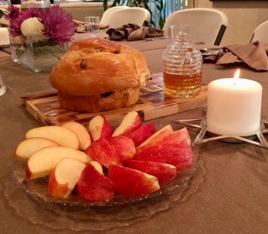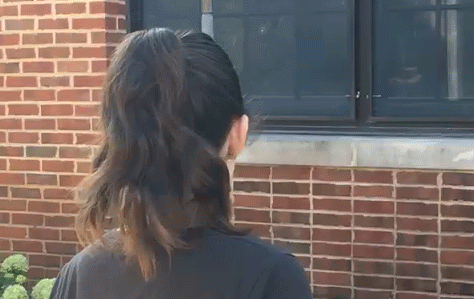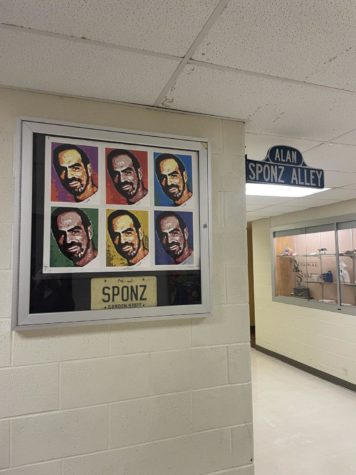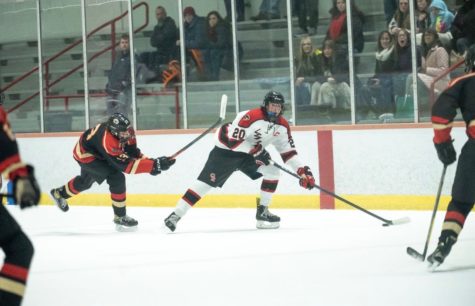Jewish families in Glen Rock celebrate Rosh Hashanah

Photo Credit: Vivian Pittman
A traditional table setting for a Rosh Hashanah dinner.
October 9, 2016
Glen Rock schools had Monday, Oct. 3 and Tuesday, Oct. 4 off to allow for the celebration of Rosh Hashanah, the Jewish New Year. Many students are unaware of the importance of this holiday and what it means. Many think of it as less of a holy day than Chanukah. Why are these days off necessary? What does this holiday really mean to the Jewish people?
Rosh Hashanah, meaning “head of the year” in Hebrew, is considered one of the most important days of the Jewish year, and, contrary to popular belief, it’s a much more important holiday than Chanukah. Rosh Hashanah is the start of the new year in the Jewish calendar.
This holiday is believed to have begun around the sixth century B.C., but is not specifically mentioned in text until 200 A.D. Rosh Hashanah festivities start on the first day of “Tishrei,” or the Jewish month in which God created the world.
Not only does this day mark the beginning of the new year, but it also starts the “10 Days of Awe.” These ten days are a time when Jewish people look inside themselves to question the choices they have made in the past year. During these ten days, Jews are able to straddle their past and future in order to reflect on the person they were and on the person they want to become. God is said to judge all Jews in these ten days to decide if they will have a sweet year and be written in “The Book of Life.” The “book” closes at the end of the “10 Days of Awe.”
Rabbi Jeffrey Arnowitz says that there are two sides to Rosh Hashanah; on one hand, it is a day we to celebrate the creation of the world. This is done by trying to perform acts that allow God to continue creation, for example, helping the environment or assisting others. Stephanie Radin, freshman, says that she “loves seeing everyone in the temple, especially the little kids who I help out with.”
The other side is, as it’s the beginning of the season of seeking forgiveness, making amends for any mistakes and healing relationships before the year begins. “Go to people you may have wronged in some way and ask for forgiveness and ultimately decide to try and be better about the things you regret,” Arnowitz said.
Rosh Hashanah can be celebrated over the course of one or two days, depending on one’s religious affiliation within Judaism. Jews who consider themselves Reformed will typically celebrate only for the one day, while many Conservative and Orthodox Jews tend to celebrate for two.
Other traditions include dipping apples in honey to represent a sweet new year, eating a round, sweet bread called challah to represent the circle of life, and blowing the shofar, a ram’s horn, in order to sound the coming of the new year. A special book, called the Machzor, is read and prayed from. Jews will also greet each other by saying “L’shana tova,” meaning “for a good year.”
Rosh Hashanah is also a time for Jews to catch up, as well as come together. Many feel that praying in a large congregation makes it all the more special.
Families engage in a holiday meal with extended family and friends. In many cases, Rosh Hashanah is one of the few days a year families get together. Glen Rock math teacher Ms. Leah Wittenberg says that “dinner with my family that I don’t usually get to see” is her favorite part of Rosh Hashanah.
“I like Rosh Hashanah because I love seeing my family and having a few days off to relax,” Lauren Amram, freshman class president, said.





